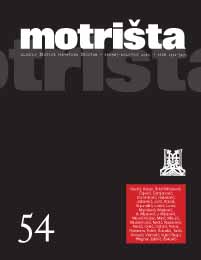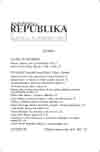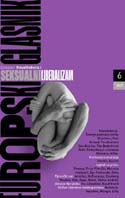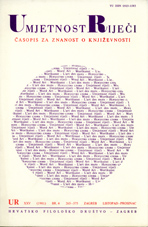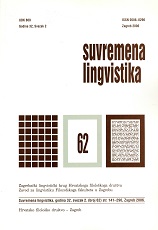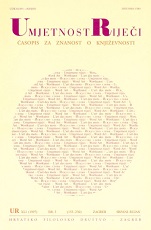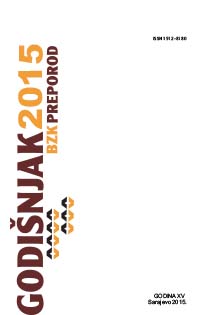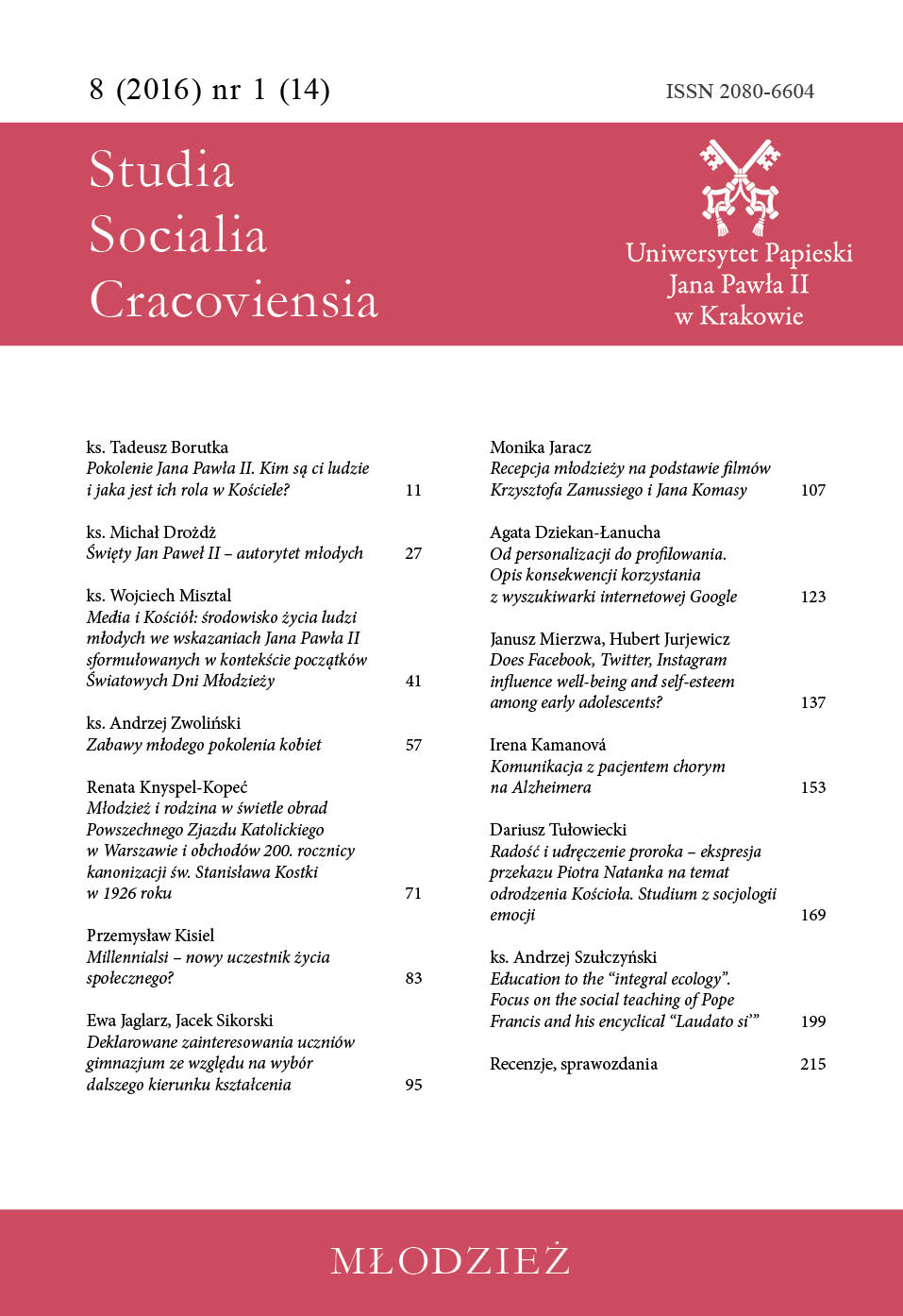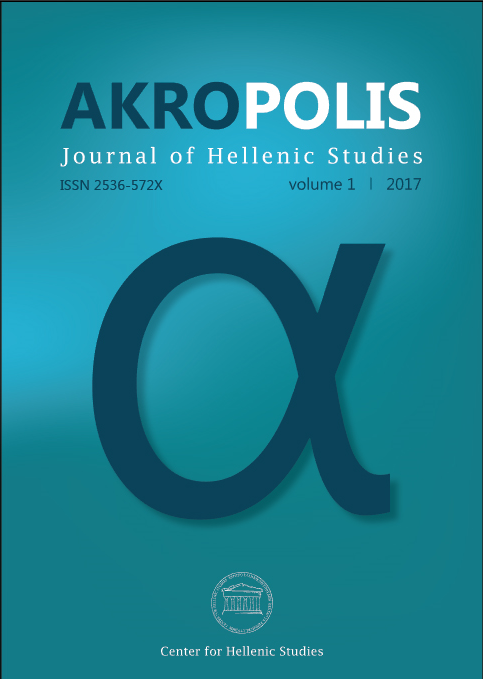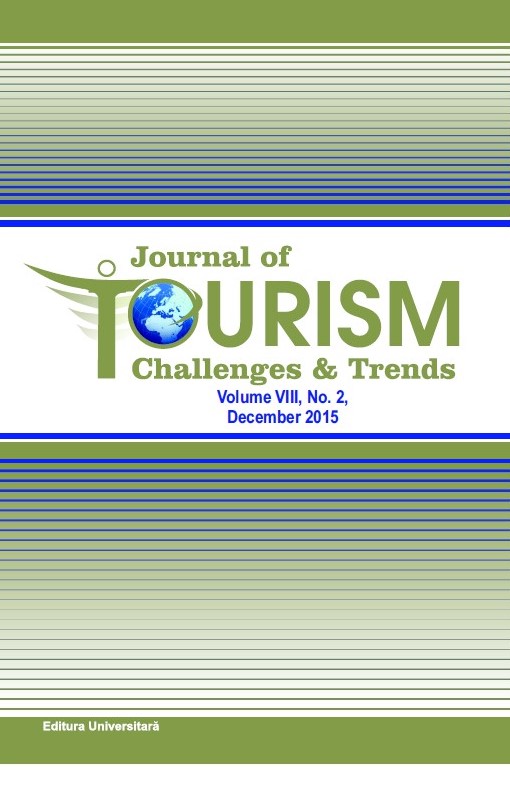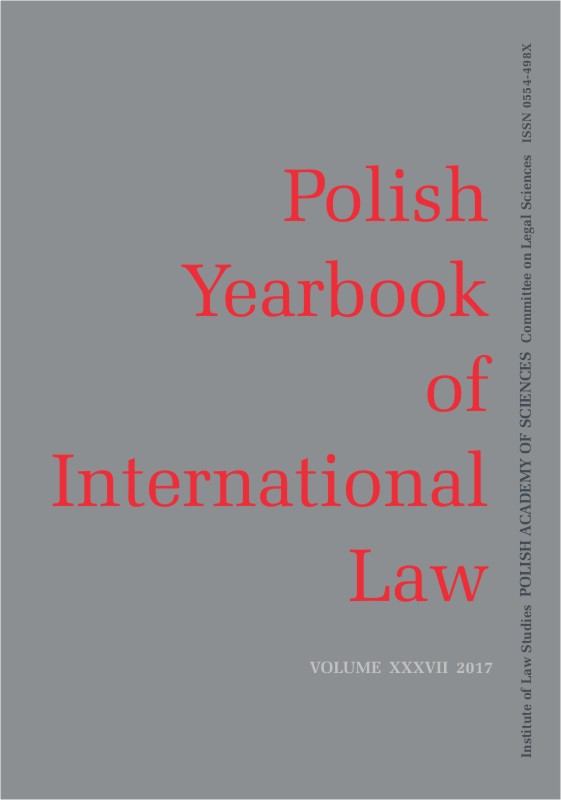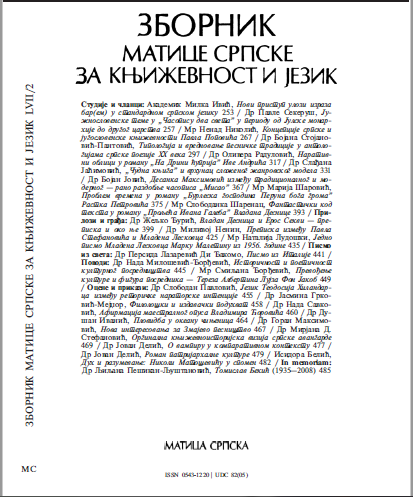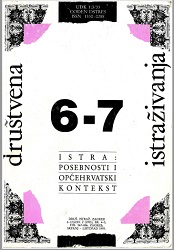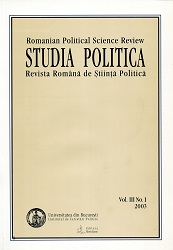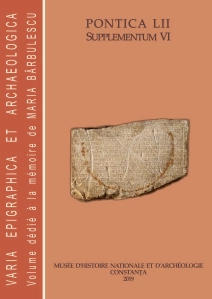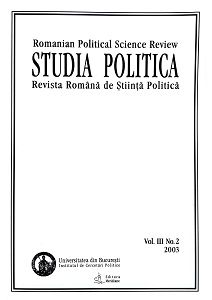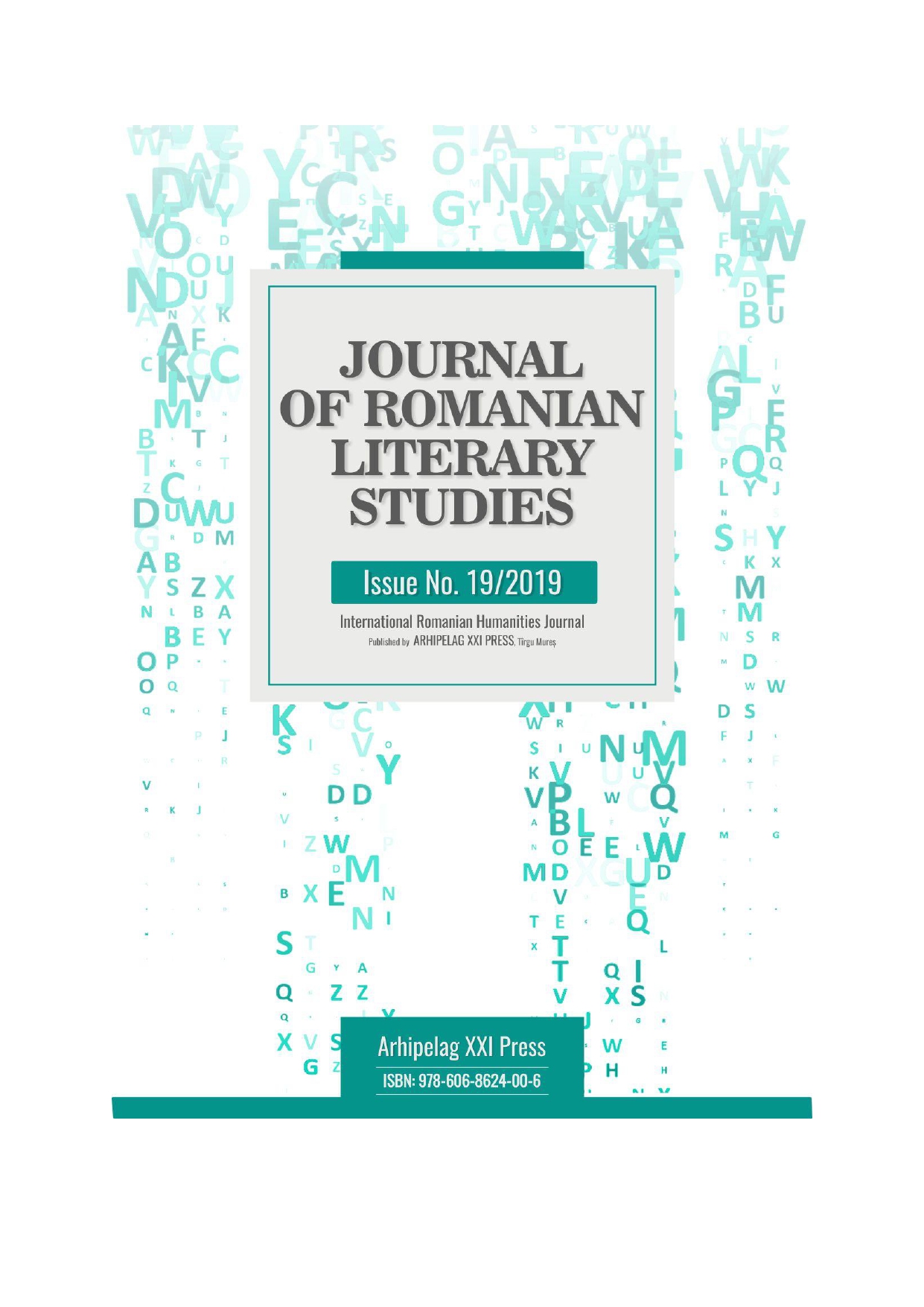Recensiones
Author(s): Anca Dohotariu,Ruxandra Ivan,Cristian Anastasiu,Ioana Manolescu,Miruna Tataru-Cazaban,Andreea Boeru,Cezar Ciobanu,Dietmar Müller / Language(s): English
/ Issue: 2/2003
Anca Dohotariu - IONELA BÂLUȚĂ, IOANA CÎRSTOCEA (coord.), Direcții și teme de cercetare în studiile de gen din România, Editura "Universul", Seria publicațiilor Relink, București, 2003;
Ruxandra Ivan - ELIE BARNAVI, PAUL GOOSSENS (eds.), Les frontières de l’Europe, Éd. "De Boeck", Bruxelles, 2001, 272 pp;
Cristian Anastasiu - PIERO DEL NEGRO, Guerra ed eserciti: da Machiavelli a Napoleone, Editori "Laterza", Milano, 2001, 165 pp;
Ioana Manolescu - THOMAS L. FRIEDMAN, The Lexus and the Olive Tree, Anchor Books, New York, 2000, 490 pp;
Miruna Tătaru-Cazaban - ANDRÉ DE MURALT, L’unité de la philosophie politique. De Scot, Occam et Suarez au libéralisme contemporain, Librairie Philosophique J. Vrin, Paris, 2002,198 pp;
Andreea Boeru - JON PIERRE (editor), Debating Governance: Authority, Steering, and Democracy, Oxford University Press, Oxford, 2000, 250 pp;
Cezar Ciobanu - MICHAEL SHAFIR, între negare și trivializare prin comparație: negarea Holocaustului în țările postcomuniste din Europa Centrală și de Est, "Polirom", Iași, 2002, 158 pp;
Dietmar Müller - MARIANA HAUSLEITNER, Die Rumänisierung der Bukowina.Die Durchsetzung des nationalstaatlichen Anspruchs Grossrumäniens 1918-1944, R. Oldenbourg Verlag, „Südosteuropäische Arbeiten 111", München, 2001, 497 pp;
Dietmar Müller - MARIANA HAUSLEITNER, BRIGITTE MIHOK, JULIANE WETZEL (Hgg.), Rumänien und der Holocaust. Zu den Massenverbrechen in Transnistrien 1941-1944. Metropol Verlag, „Nationalsozialistische Besatzungspolitik in Europa 10", Berlin, 2001,180 pp;
Dietmar Müller - DOREL BANCOȘ, Social și național în politica guvernului Ion Antonescu, Editura "Eminescu", București, 2000, 397 pp;
More...
